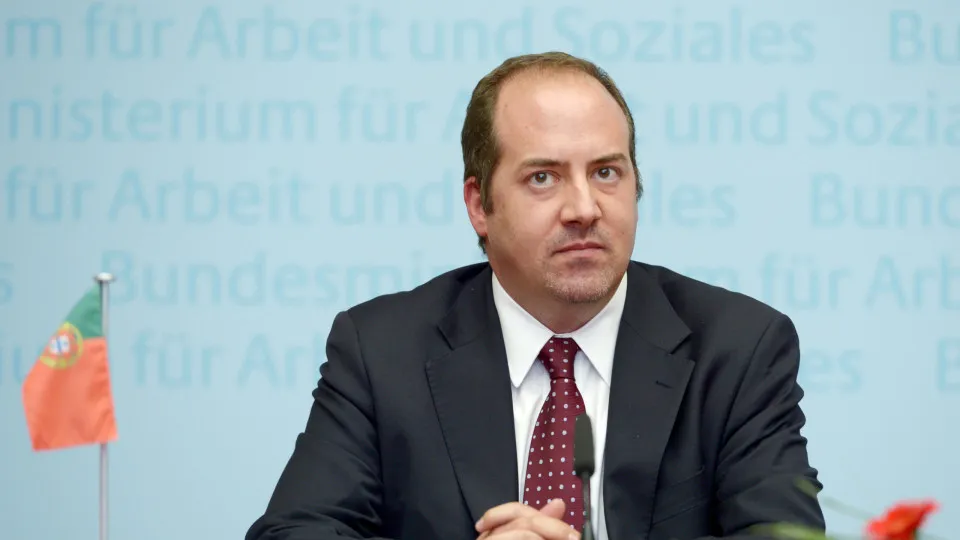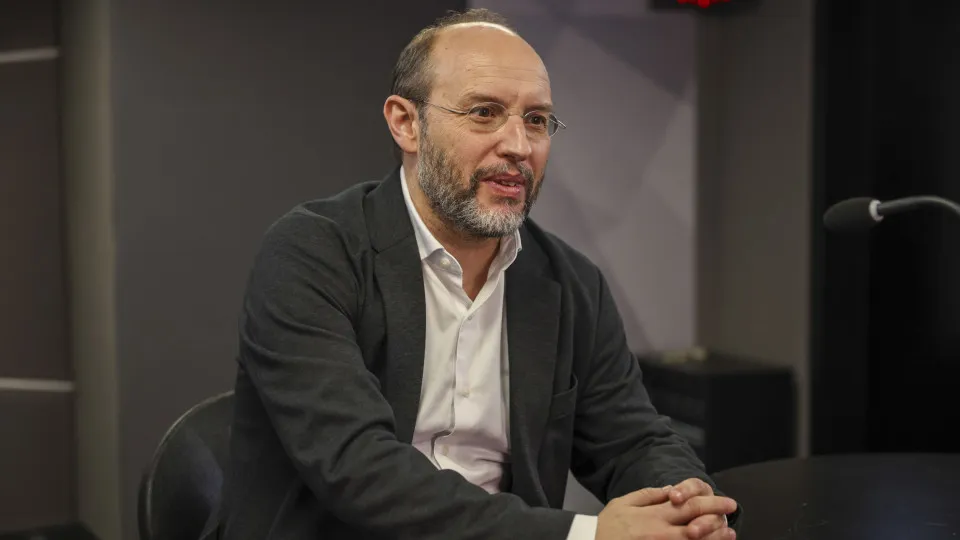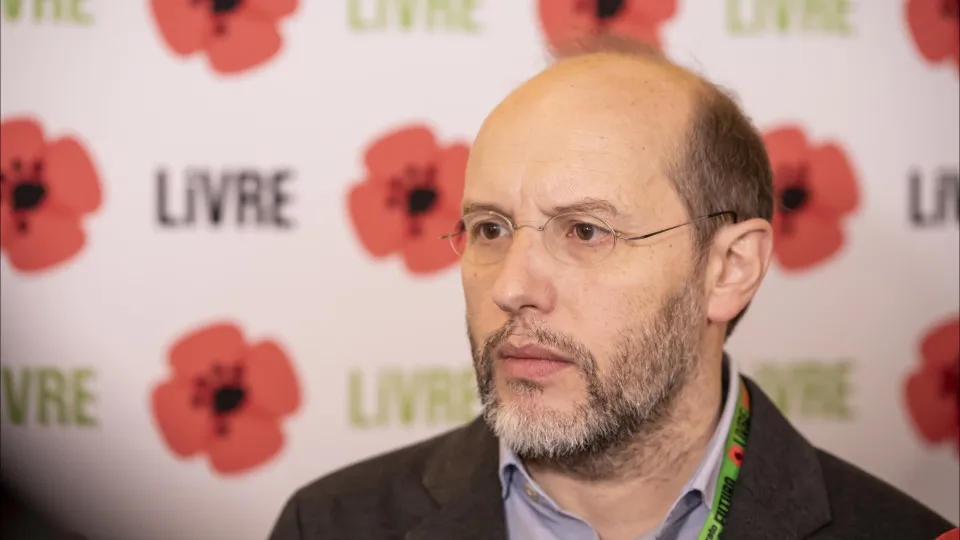
The government announced on July 24 that Álvaro Santos Pereira, the chief economist of the OECD and former Economy Minister from 2011 to 2013 in the PSD/CDS-PP government under Passos Coelho, will be the next Governor of the Bank of Portugal (BdP), succeeding Mário Centeno.
Centeno remains as the governor as Santos Pereira must undergo parliamentary inquiry before being appointed, which will occur after the parliamentary recess.
According to the Organic Law of BdP, the governor’s duties include participating in the European Central Bank (ECB) council and making decisions regarding monetary policy, such as interest rates, coordinating the Bank of Portugal’s activities in economic analysis, supervising and regulating the banking sector, and resolving banks if necessary.
Over the next five years, the governor’s mandate includes a significant workload for Santos Pereira.
Adapting to the Bank of Portugal
The coming months are crucial for Santos Pereira to adapt to the BdP’s distinct organizational and institutional culture, known for its efficiency despite internal departmental conflicts.
He will also need to establish himself as a central banker, particularly in monetary policy and banking supervision, areas in which he has no prior experience, and foster institutional and personal relationships with other governors and within the ECB.
Monetary Policy
Álvaro Santos Pereira will join the ECB’s Council, the central bank’s main decision-making body, which gathers governors from all eurozone central banks and the six members of the executive committee, addressing economic and monetary developments to guide interventions. This council, led by Christine Lagarde, makes crucial decisions impacting citizens’ lives, including interest rates that affect credit costs and deposit returns.
Portugal has maintained a more flexible stance by advocating for a more prudent reduction in interest rates compared to other members.
Economic Analysis and Government Relations
The Bank of Portugal regularly analyzes the Portuguese economy (the next Economic Bulletin is due in October) and public policies. Centeno’s warnings about the country’s financial situation have contributed to a tense relationship between the BdP and recent PSD/CDS-PP governments.
With Santos Pereira as governor, a less strained relationship is expected. The economist’s recent statements align closely with the current government’s ideas, suggesting tax reductions and advocating labor policy reforms.
Supervising Banking Sector and Novo Banco Sale
Bank regulation and supervision remain central to BdP’s responsibilities, including regular sector analyses and ensuring compliance by institutions and their managers. Future banking regulation may see changes due to concerns over excessive regulatory impacts on competitiveness.
Informal actions and public alerts by BdP, like Centeno’s critique of low deposit interest rates, also form part of its operations. Santos Pereira will oversee market consolidations and bank sales, including the ongoing sale of Novo Banco to the French banking group BPCE, subject to financial regulatory approvals, including the ECB and implicitly BdP.
The potential sale of Banco Português de Gestão (BPG) to China’s V Credit also awaits BdP’s decision.
Operational Losses
The Bank of Portugal has historically contributed significant dividends to public accounts due to profits from public debt acquired via the ECB’s expansionary policies. However, with the monetary cycle shift, BdP reported operational losses in 2023, a common trend among European central banks, and covered these losses with provisions.
BdP assures that its provision reserves are adequate to cover expected losses in the coming years.
BES Resolution
The resolution of Banco Espírito Santo (BES) occurred 11 years ago, but numerous court cases remain underway, including those against the BdP.
New Headquarters
The new BdP headquarters was a subject of controversy between Mário Centeno and the government, prompting the Finance Minister Miranda Sarmento to request an audit by the Inspectorate-General of Finance regarding the project’s costs.
Recently, parliament approved two requests to hear from the current BdP governor and to access documents related to a contract sealed in May with the insurer Fidelidade for purchasing a building at the former Feira Popular site in Entrecampos, Lisbon, for the institution’s future headquarters. The construction of BdP’s new headquarters is at an early stage and will be continued under Santos Pereira’s leadership.




